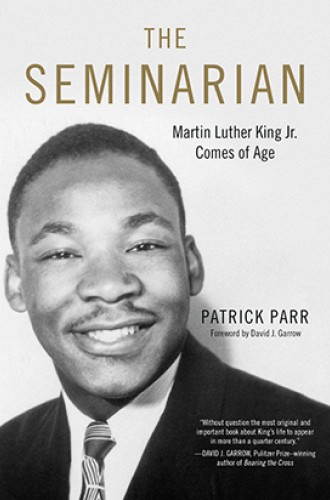Take & read: American religious history
New books that are shaping conversations about American religious history
Has it ever made sense to speak of the United States as a Christian nation or a “shining city on a hill”? Daniel T. Rodgers addresses this question in his insightful analysis of the text in which many locate the origin of the idea of a Christian America, John Winthrop’s “A Model of Christian Charity.” This 1630 sermon, supposedly delivered to Winthrop’s fellow Puritans during their voyage to Massachusetts, is the text in which the biblical phrase “a city on a hill” entered American history. In As a City on a Hill: The Story of American’s Most Famous Lay Sermon (Princeton University Press), Rodgers delves into the text, revealing that much of what we think we know about it is wrong.
There is little evidence that the message was delivered during the voyage, or even preached as a sermon at all. More importantly, the text merited little attention in US history until it was popularized by President Ronald Reagan amid a Cold War–era revival of interest in Puritanism. Rodgers also notes that most modern interpreters have fundamentally misunderstood the text. Rather than a triumphalist statement of American exceptionalism, Rodgers argues, the phrase was intended by Winthrop to be a word of caution, a warning of the risks of public failure.
Rodgers also draws a contrast between the Puritans’ humble communalism and today’s nationalistic capitalism. In an age marked by decreasing faith in the United States’ exemplary status in the world, Rodgers asks that we reexamine whether this self-image would have made any sense at all to the nation’s Puritan founders.










